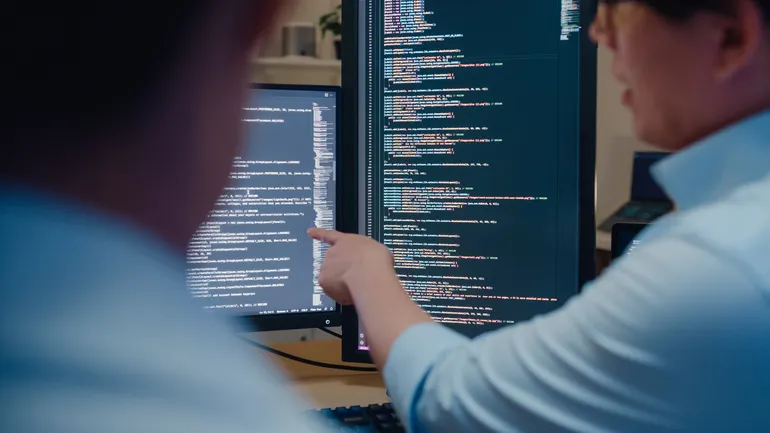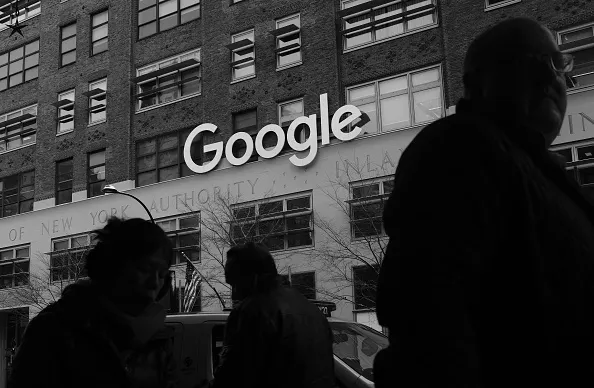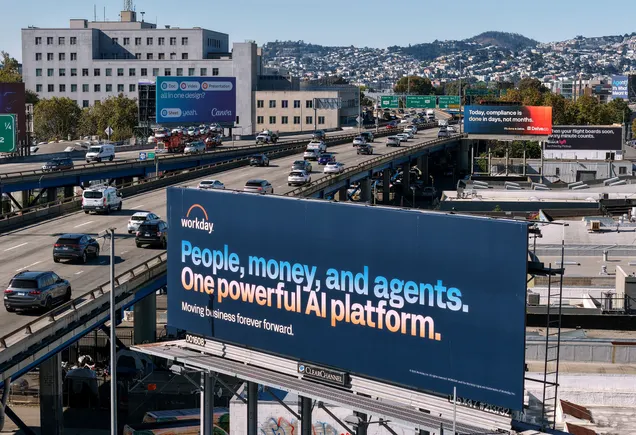Dive Brief:
- As artificial intelligence and automation redefine work, today’s high-wage skills — including data analysis and process monitoring where AI has demonstrated strong capabilities — may diminish in demand and dip in salary, according to research by the Stanford Institute for Human-Centered AI and the Digital Economy Lab.
- In contrast, skills requiring human interaction and coordination — such as prioritizing and organizing work and training, teaching and effective communication — will grow in importance and command higher pay, the research, publicized July 7, found.
- Researchers also identified a mismatch between AI’s capabilities and what workers want, which may hinder AI’s successful integration into the workplace, according to the report. What workers want, the study found, is to work collaboratively with AI.
Dive Insight:
For the study, researchers surveyed 1,500 workers about what they wanted from AI and compared this to insight from 52 AI experts about what AI is capable of doing.
The findings identified significant mismatches, revealing tasks that warranted reconsideration for automation, a media release explained.
For example, in 41% of tasks, including writing creative content and preparing meeting agendas, AI implementation was either unwanted or technically not possible, the researchers said.
Other tasks, such as monitoring budgets and creating production schedules, fell into an opportunity zone — highly desired but not yet technically possible, the study found.
“As AI systems become increasingly capable, decisions about how to deploy them in the workplace are often driven by what is technically feasible — workers are the ones most affected by these changes and the ones the economy ultimately relies on,” Yijia Shao, project leader and a Ph.D. student at Stanford Computer Science Department, stated in the release.
Bringing employee perspectives to the table is critical to building systems they will embrace, Shao said. It also helps reveal overlooked opportunities for AI and guides “more human-centered innovation, which in turn benefits technological development.”
Organizations that ignore human-centric factors could end up implementing AI and generative AI tools without being completely clear on strategy or business goals, AI leaders at Deloitte Consulting cautioned in an April op-ed for HR Dive.
Instead of rushing to beat out competitors, organizations should first understand generative AI’s best use case for their business, the consultants advised. This gives HR leaders a better idea of what the company’s talent and staffing needs may be, they said.
Ultimately, the result of a company’s AI investment will depend on human capabilities like cognizance, curiosity and collaboration, the consultants emphasized.
Employers are recognizing this, according to a June report from talent assessment firm TestGorilla.
Among more than 1,000 U.S. and U.K. hiring decisionmakers surveyed, 3 in 5 told TestGorilla that soft skills are more important today than five years ago. More than 70% said evaluating candidates on both hard and soft skills leads to better results, the survey found.
Employers want people who can think critically, adapt and collaborate, TestGorilla’s CEO noted.






Leave a Reply